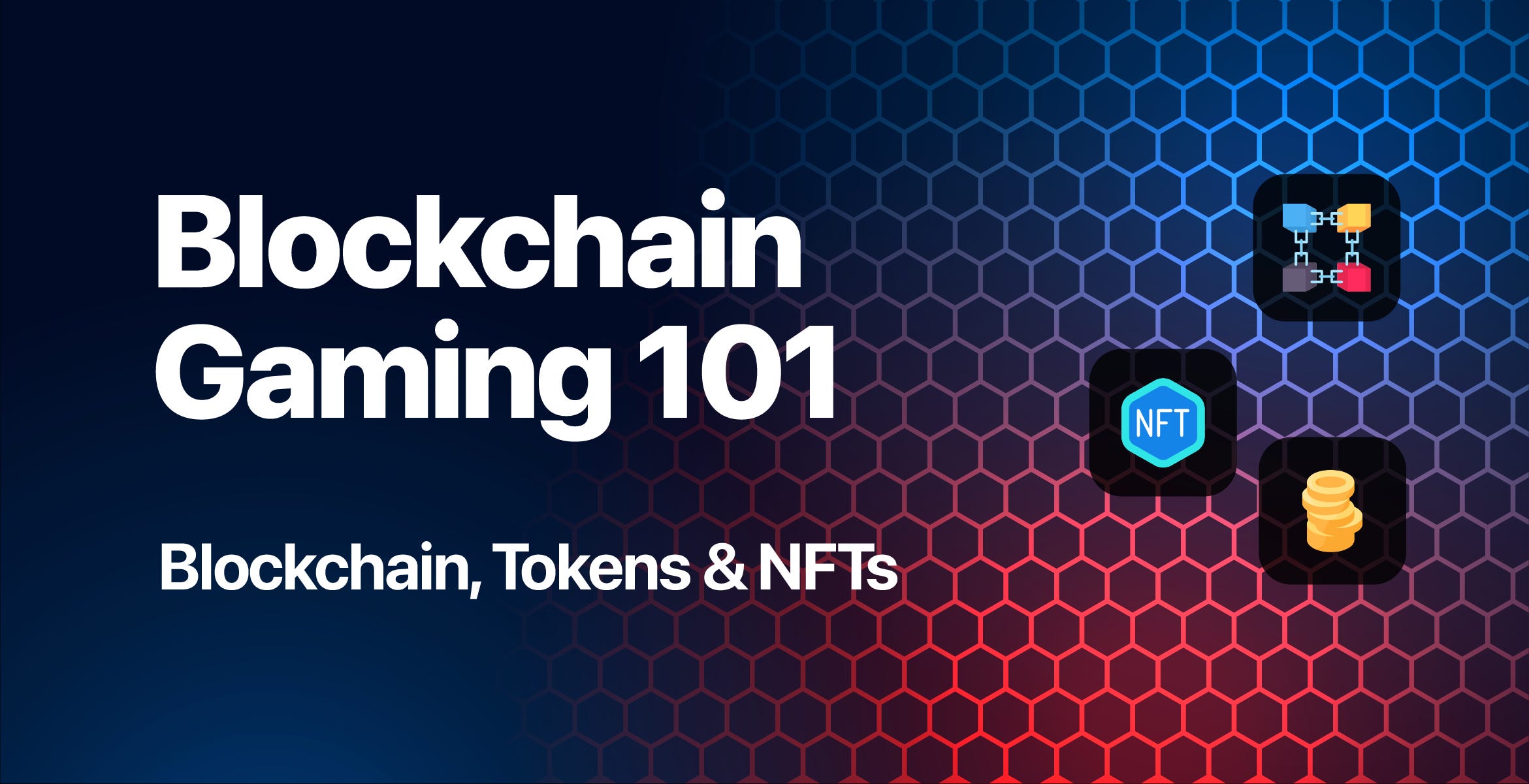Brett Rickaby's Insightful Corner
Exploring the world through news, tips, and intriguing stories.
Level Up Your Play: How Blockchain is Transforming Gaming Forever
Discover how blockchain is revolutionizing gaming! Unlock new opportunities and gameplay experiences that will change your gaming world forever.
The Future of Gaming: How Blockchain Enhances Player Ownership
The gaming landscape is undergoing a revolutionary shift as blockchain technology enhances player ownership like never before. Traditionally, gamers have invested time and money into virtual worlds and in-game assets without any true claim to ownership. However, with the integration of blockchain, developers can create unique, verifiable assets that players genuinely own. This paradigm shift allows gamers to buy, sell, and trade their in-game items freely, empowering them to participate in a thriving digital economy. Not only can players retain value from their in-game investments, but they can also enhance their gaming experience through the creation of decentralized marketplaces that foster community engagement.
Furthermore, the incorporation of Blockchain in gaming ensures enhanced security and transparency for transactions. Players can trust that their assets are protected against fraud and unauthorized duplication, as each transaction is recorded on an immutable ledger. This level of transparency builds confidence among players and developers alike, encouraging innovation and collaboration across gaming platforms. As the gaming industry evolves, we can expect more titles to embrace this technology, fostering a future where player ownership is not only acknowledged but celebrated. In this new era, gamers will be able to create, control, and capitalize on their in-game assets, making their gaming experience more rewarding and meaningful.

Counter-Strike is a popular multiplayer first-person shooter game that has captivated players around the world. With its team-based gameplay, players must work together to complete objectives, such as planting bombs or rescuing hostages. For those looking to enhance their gaming experience, using a rollbit promo code can provide exciting benefits and rewards.
From Virtual Goods to Real Assets: Understanding NFTs in Gaming
The world of gaming has seen a revolutionary transformation with the rise of non-fungible tokens (NFTs). Initially, players have enjoyed virtual goods—skins, in-game items, and collectibles—that held value within a game’s ecosystem. However, with NFTs, these virtual goods are evolving into real assets that can be bought, sold, and traded outside of the gaming environment. By utilizing blockchain technology, NFTs ensure the uniqueness and ownership of digital items, allowing players to possess a tangible stake in their virtual investments. This shift not only empowers players but also creates an entirely new landscape for game developers and investors alike.
As NFTs gain traction in the gaming industry, they present both opportunities and challenges. For instance, developers have the chance to create innovative monetization strategies that engage players through unique gaming experiences. Players can now invest in limited edition items, enhancing the overall game engagement while also potentially generating profit through resale. However, the rise of NFTs also brings issues of sustainability and market volatility, which players and developers must navigate carefully. Understanding the implications of NFTs in gaming is crucial for future developments, as the line between virtual and real assets continues to blur.
Is Blockchain the Key to Fair Play? Exploring Transparency and Trust in Gaming
The gaming industry has often faced criticisms regarding issues of fairness and transparency. Players frequently express concerns over the randomness of outcomes, especially in gambling and in-game purchases. Blockchain technology offers a solution by providing a decentralized ledger that ensures every transaction is securely recorded and visible to all. This transparency can help restore trust, as players can verify the legitimacy of game mechanics and pay-outs without needing to rely solely on developers. By utilizing blockchain, gaming companies can transparently showcase their algorithms and ensure that the principles of fairness are being adhered to, ultimately leading to a more trustworthy gaming environment.
Moreover, the incorporation of smart contracts within blockchain platforms amplifies the potential for fair play. These self-executing contracts enforce rules based on preset conditions, eliminating the possibility of bias or manipulation from the developers' side. For example, in a blockchain-based game, if a player meets the winning conditions, the smart contract automatically triggers the payout, ensuring that every player is treated equally. This not only fosters a sense of equity among players but also encourages healthy competition, as gamers can be assured that their efforts will be rewarded without any hidden agendas. Thus, blockchain stands out as a promising technology that could redefine the standards of fairness and trust in the gaming world.